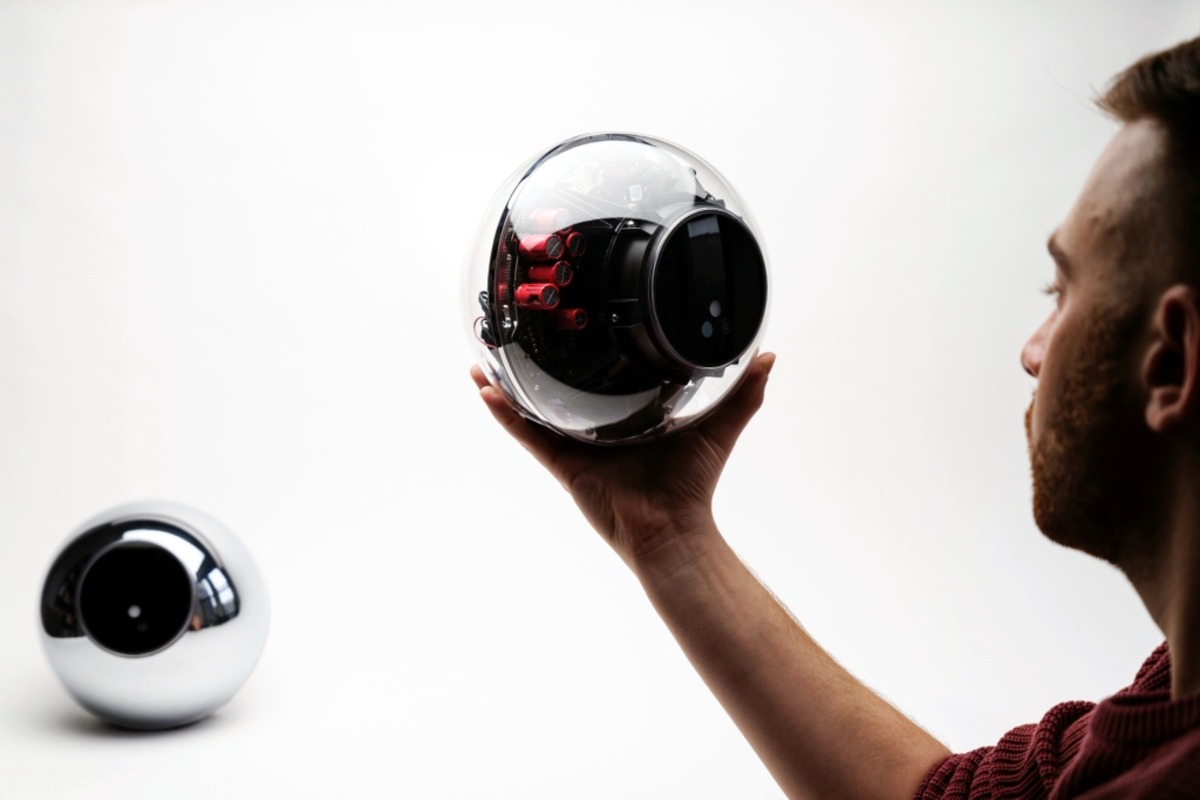AI entrepreneur Sam Altman has introduced Worldcoin, a cryptocurrency idea that many have dubbed as “dystopian.” Individuals can receive digital currency in exchange for a scan of their eyeballs, posing privacy and ethical problems. Worldcoin has sparked both interest and skepticism, with the goal of separating humans from AI entities online and potentially offering an AI-funded universal basic income. In this post, we will look at the essential advantages and objections of this bold project.
The Eye-Scanning Process:
People queue at scanning sites throughout the world to gaze into silver orbs as part of Worldcoin’s eye-scanning technology. As a result, individuals obtain free crypto tokens in exchange for their involvement. While the concept of using biometric data for authentication is not entirely novel, its application to cryptocurrencies presents serious privacy concerns. Some critics say that the risks of putting such sensitive data on the blockchain outweigh the benefits.
The Quest to Distinguish Humans from AI:
Worldcoin’s eye-scanning technology, according to Sam Altman, could be the key to establishing whether someone is a person or a robot online. The project’s goal is to provide a dependable and safe solution to battle bots and ensure a more realistic digital environment. The efficacy and accuracy of such biometric authentication methods, however, are now being explored. Concerns have also been expressed concerning the possible misuse of this data, as well as the implications for privacy rights.
A Vision for Economic Opportunity and Universal Basic Income:
Worldcoin envisions a future in which our cryptocurrency has the potential to dramatically improve economic opportunities for individuals all across the world. The idea of a global financial system holds promise, especially for underbanked populations. The project also claims to be paving the road for a “AI-funded” universal basic income (UBI). The complexities of how AI-generated income might fund a UBI system, on the other hand, remain unknown, casting doubt on the concept’s practicality.
Ethical Concerns and Privacy Risks:
While Worldcoin aspires to provide economic benefits and financial inclusion, detractors point to the potentially dystopian implications of broad biometric data collecting. The global storage and use of sensitive information such as eyeball scans raises issues about monitoring, identity theft, and potential exploitation by malevolent actors. To prevent encroaching on personal freedoms, it is critical to strike a balance between technology innovation and the preservation of individual privacy rights.
The introduction of Worldcoin has sparked debate concerning the junction of biometrics, cryptocurrencies, and societal repercussions. While the project’s ambition of increasing economic opportunities and separating people from AI is appealing, the ethical issues about privacy and data security must not be overlooked. As the globe explores new technological and financial frontiers, it is critical to thoroughly assess the impact of such projects on individuals and society as a whole. Transparency, accountability, and ethical practices will be critical in negotiating the complexities of projects like Worldcoin and crafting a future that balances innovation and human rights.
